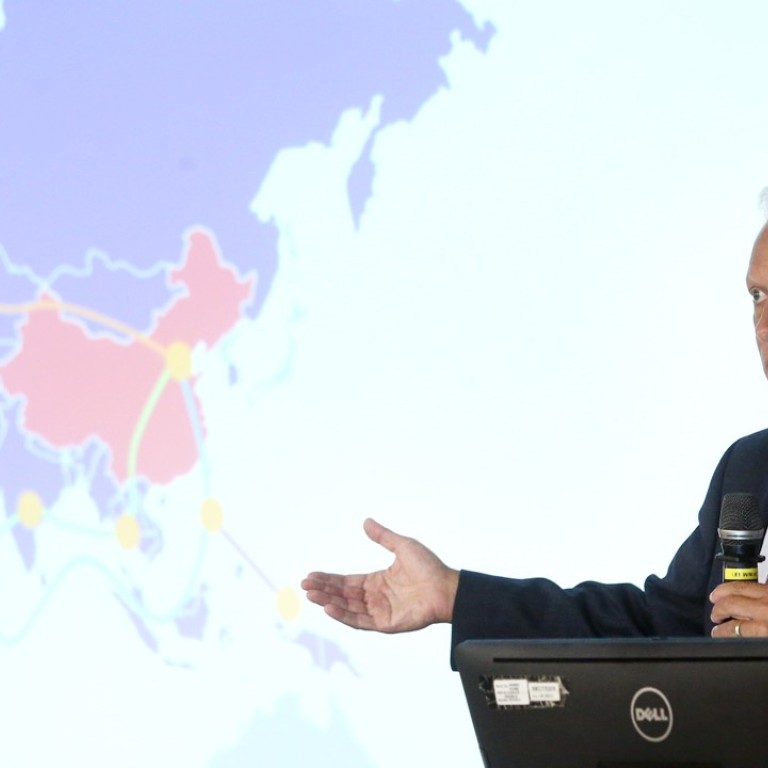
Fear of risks and too few tech graduates stalling Hong Kong’s smart city ambitions
A survey of over 500 business executives found that 73 per cent of them said the city was falling behind others in technology and innovation
Some 73 per cent of business executives and 45 per cent of other residents polled by one of the Big Four accounting firms believe Hong Kong is falling behind other developed cities in promoting technology and innovation, due to a low appetite for risk-taking and a dearth of technology graduates.
Findings from the survey of more than 1,500 people – about a third of them business executives – by KPMG and YouGov between October and December last year, come amid a government push to make Hong Kong a smart city.
STEM education key to Hong Kong’s ‘smart city’ plan, but long-term steps must be taken now, experts warn
But business leaders said the government would struggle to fill new jobs in technology due to a current skills mismatch in the workforce.
Survey respondents said more needed to be done in education to foster a culture of innovation.
KPMG’s Asia-Pacific head of global infrastructure, Julian Vella, said: “[Innovation and technology culture] … is about nurturing an appetite for sensible risk-taking. It’s a culture that allows us as a community to take risks, within parameters.”
Hong Kong’s smart city dreams can move faster on big data
Eric Yeung Chuen-sing, the convenor of the Smart City Consortium, a group of professionals who advise the government, acknowledged that parents were “market driven” and it would be difficult to steer students towards science, technology, engineering and mathematics (STEM) because other fields of study – such as medicine, law and finance – were seen as faster routes to success.
He added that an attitude of “embracing failure” – something parents find difficult to accept – was also required to develop new technologies and be innovative.
Vella suggested that students be shown the career benefits of studying STEM subjects, while more than eight in 10 of the business executives polled in the survey said “encouraging creativity in the education system” would also promote an interest in research and development.
Hong Kong failing to innovate and lagging behind mainland China when it comes to smart technology, says lawmaker Regina Ip
During her maiden policy address in October, Chief Executive Carrie Lam Cheng-Yuet ngor set a target to double Hong Kong’s expenditure on research and development to 1.5 per cent in the next five years.
The government is also working to develop the Lok Ma Chau Loop along the city’s border with Shenzhen into a hi-tech zone, four times bigger than the existing Hong Kong Science Park in Sha Tin, although the project has been criticised for being too remote from the city and for only being scheduled for completion in 2023.

